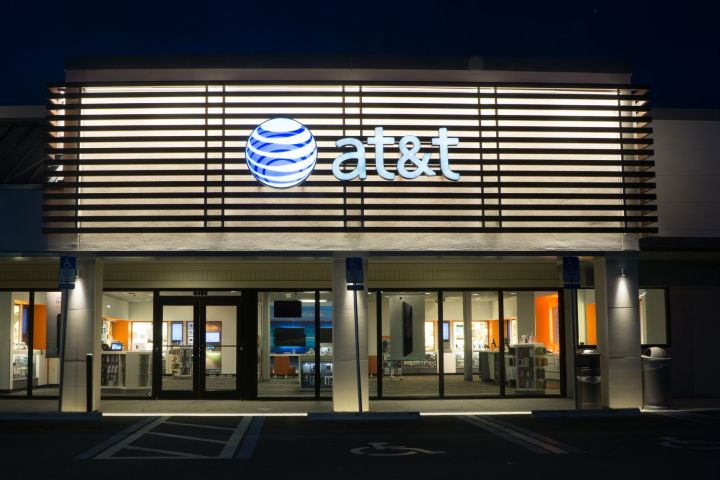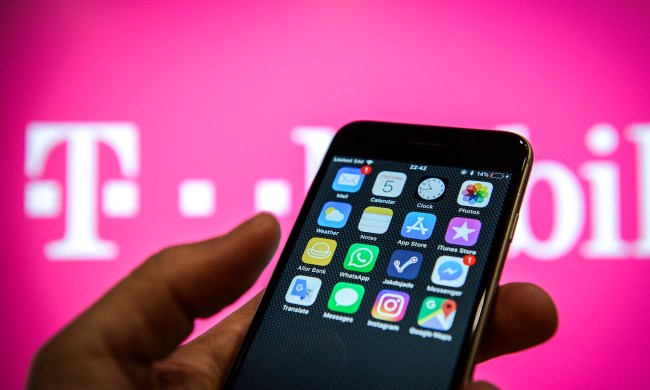
The study from UC Berkeley’s Haas Institute for a Fair and Inclusive Society, called “AT&T’s Digital Divide in California,” found that throughout the income range, the higher average earnings of a specific area, the higher chance there was of it having high-speed internet access. Fiber-to-the-home households had a median income of $110,474, while DSL access homes had a median income of just $47,894.
The problem highlighted by the study is that AT&T’s rollout of fiber-to-the-home is entirely unregulated, which has researchers suggesting that it’s discriminating against lower income neighborhoods. It seems particularly stark at the lower end, with some lower income areas having just DSL access that doesn’t even reach one megabit per second.
It is worth highlighting that AT&T may simply be prioritizing wealthier neighborhoods first. At the time of the study, just 68,000 households in California had fiber-to-the-home access. While around 500,000 are now said to have access, there are no cited income numbers for those homes (via Ars).
However, when we’re not playing devil’s advocate, the evidence can seem quite damning. A similar report out of Cleveland has shown similar disparities in broadband access speed on AT&T networks based on income. The telecom provider denies any discrimination against anyone on its network and suggested that access to wireless internet service often bridges the gap in connection speeds.
That ethos seems unlikely to change. The firm has shown little interest in rolling out fiber access to more rural communities where the financial incentive isn’t there. Instead, AT&T is said to be investing heavily in technologies like 5G wireless connectivity, which could ultimately provide high-speed access to areas where laying cable is too expensive to be truly viable.



